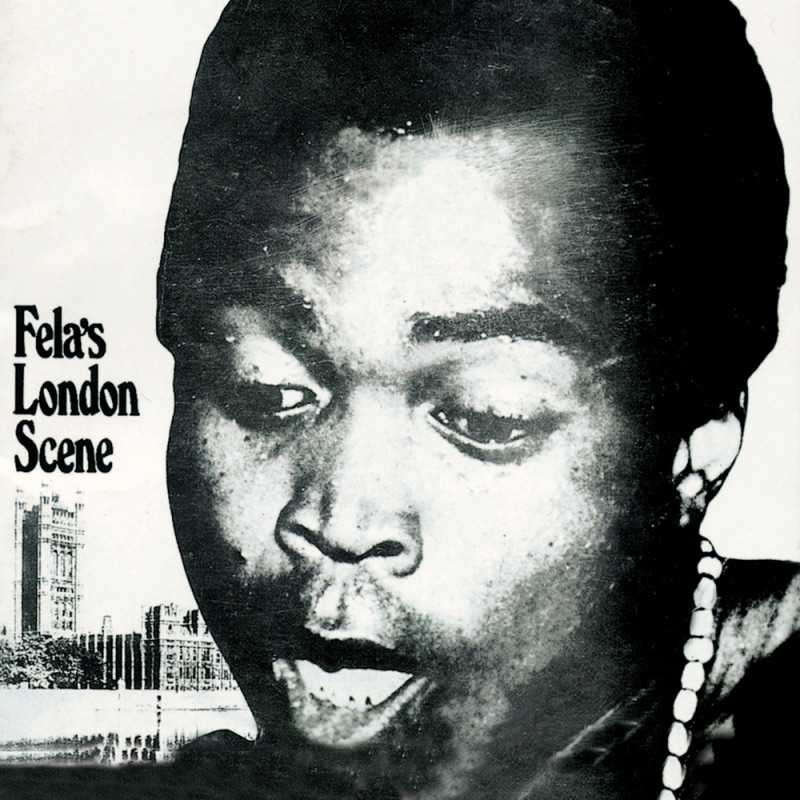
Often fetishized and appropriated, music of African origin has a place in history far beyond the blandness of reinterpretation by Paul Simon’s Graceland or later a host of 21st century artists from Vampire Weekend to Foals and beyond.
Fela Kuti was born in Nigeria, but after travelling to London in 1958 to study medicine, fate took a hand when he instead enrolled at London’s Trinity College Of Music to develop his skills on the trumpet.
He formed several largely jazz influenced bands before a trip to Ghana inspired him to create a new musical fusion which also incorporated funk, soul, traditional Yoruba sounds and West African polyrhythms. He named this creation Afrobeat.
A ten-month spell touring America in 1969 added a further dimension to his writing. During that time, he met Sandra Izsadore – a civil-rights advocate who introduced the multi-instrumentalist to, amongst others, the writings of Malcolm X and Stokeley Carmichael.
Kuti renamed his band Afrika 70 and returned to Nigeria before, having signed to British label EMI, he was then invited to the Abbey Road studio for the sessions that would produce Fela’s London Scene.
Global recognition for this new multi-hemispheric chimera may have been many years away, but over five lengthy tracks its long future reach is with hindsight more than apparent; a decade later Talking Heads would use it as the kernel for their genre-bending masterpiece Remain In Light.
Back in London, magic was happening. With Kuti going where he wanted to, opener J’Ehin transformed mid-track from a meandering keyboard workout over a diffident, minimalist beat into a glorious second stanza heaped with soul, whilst the near-fourteen minutes of Egbi Mi O (Carry Me) were locked into a remarkable groove which, as if to reward the listener’s patience, eventually flourishes with a grand Aquarian chorus.
Way back in his London college days, Kuti had met Ginger Baker – the drummer who went on to form Cream with Eric Clapton in 1966 and by his flamboyance and individuality would earn a reputation as the craft’s first celebrity in its own right.
Baker would visit Kuti often during the 1970s; the two would collaborate and trade ideas as the former in particular sought refuge from the excesses of a rock n’ roll lifestyle, eventually setting up a recording studio in Lagos.
As the decade wore on Baker would occasionally stand in for Kuti’s legendary sticksman Tony Allen, and it’s both of their drum solos on Fela Ransome Kuti And Afrika 70 Live! With Ginger Baker that form the album’s inevitable focal point.
Recorded at the 1978 Berlin Jazz Festival, Allen’s take was only rediscovered during the remastering process and is available to listen to for the first time; metronomic and with tumbling fills on fills, it’s the swansong work of a master at the peak of his powers; he would leave Kuti’s band for good a few months later.
Elsewhere, the increasingly radical elements to his work were becoming apparent on the strident riffing of Black Man’s Cry, a free expression of a philosophy he called Blackism, whilst the call and response of the horns and chants on Ye Ye De Smell provide a foretaste of what would become an Afrobeat staple.
This then was the real deal; Fela Kuti saw the movement he conceived become popular worldwide before his death in 1997, but sadly not its 21st century renaissance.
Both reissues are welcome reminders of a man whose vision made the music of continents speak to each other so memorably.


